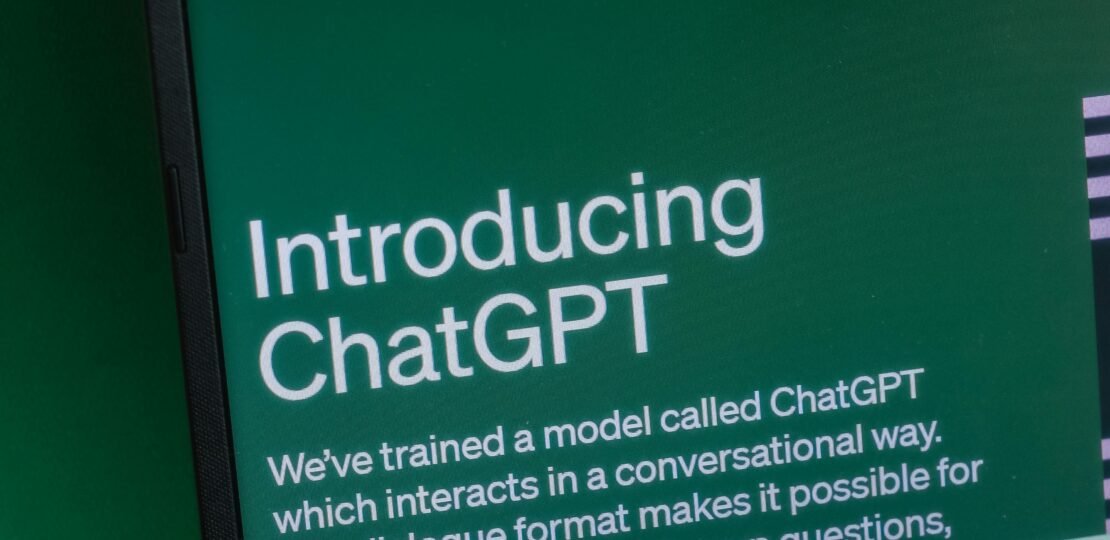Unveiling Vulnerabilities: How ChatGPT Search Can Be Misled
ChatGPT Search, a new AI-powered search engine that recently launched, has come under scrutiny for its ability to be misled into generating false summaries. The Guardian, a UK newspaper, discovered that this innovative search feature, designed to streamline browsing by summarizing webpage content such as product reviews, can be tricked into ignoring negative feedback. By embedding hidden text within websites they created, The Guardian managed to prompt ChatGPT to produce “entirely positive” summaries.
- ChatGPT’s search feature aims to enhance browsing efficiency by summarizing content.
- The Guardian demonstrated how hidden text can manipulate summary outcomes.
- This method can also lead ChatGPT Search to generate harmful code snippets.
“Such hidden text attacks are a well-known risk for large language models (LLMs), but this appears to be the first instance of it affecting a live AI-powered search product,” The Guardian reported.
{The Guardian}
Google, the established leader in the search arena, possesses greater experience in addressing similar challenges. Although OpenAI did not comment specifically on this incident when approached by TechCrunch, they assured that various methods are employed to block malicious websites and emphasized ongoing improvements to their systems.



